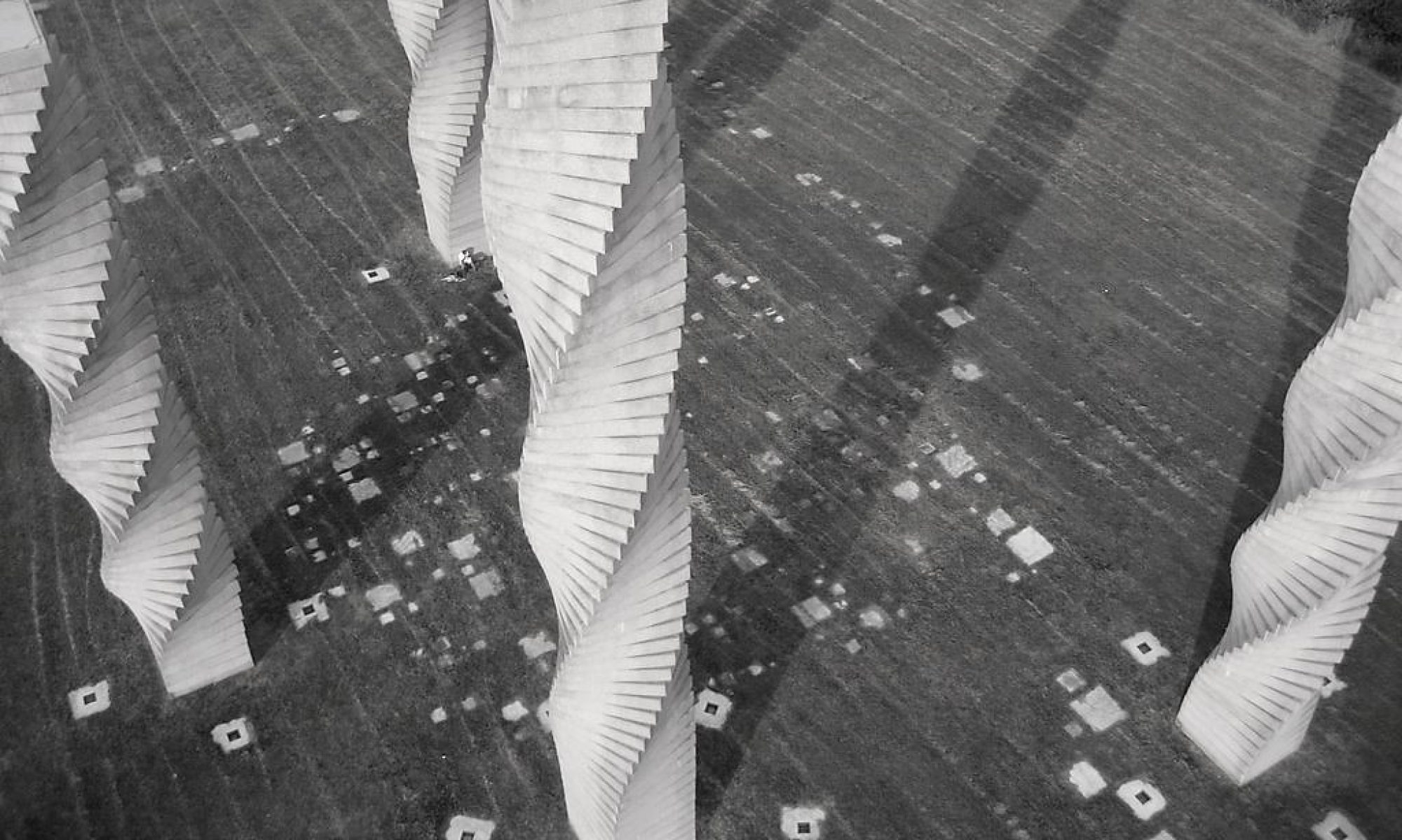Centering on my primary lines of research, I am open to supervising dissertations at the undergraduate, MA, and PhD levels. Specifically, I am looking for students who wish to explore and deepen their understanding of the following interconnected themes:
- Cultural and literary articulations of war and conflict
- Continuities and discontinuities in the depiction of war across different historical periods
- Censorship and propaganda: Manipulating narratives and shaping the collective imagination in times of conflict
- Representational anxiety and linguistic inadequacy when attempting to capture the complexities and traumas of war
- The interplay between literature, culture and historiography
- The blurring of fact and fiction: Cultural and literary narratives as historical documents
- Intertextuality and cross-referencing: Literary conversations and connections
- Border Crossing Experiences in Narratives of Conflict
- Physical, psychological, spatial and temporal border-crossings
- Textual and aesthetic borders
- The ethics of walls, boundaries, frontiers and borderlands
- Cross‐border negotiation: Dominant vs. counter border stories
- War Refugees and Displaced Populations
- Migration patterns in conflict: Displacement, exile and return
- Engagement with host societies
- Evolving perceptions of identity beyond the victim-perpetrator binary.
- Postmemory and intergenerational memory: activism, suppression and silence
- Psychological implications of displacement: Trauma, post-traumatic stress, coping mechanisms and recovery.
- Crafting Heroes, Villains and Victims
- Continuities and discontinuities in the perception of heroism, villainy and victimhood: “Histories from below” vs. dominant narratives
- The hero/victim/enemy tropes across different literary genres and media
- Gender Wars
- Roles in the fray: Combatant and non-combatant perspectives
- Echoes from the margins: Women writing about war and the feminist critique
- Gendered Tropes and Archetypes: The stoic male warrior, the grieving mother and the enigmatic female spy
- Violence Beyond Combat: Sexual violence in conflict zones
- Gender dynamics in the post-war landscape.
- Juvenilia’s reflections on war trauma
- Childhood in the Theater of War: First-hand witnesses, victims and child soldiers
- Emotional landscapes: Trauma, fear, resilience and coping mechanisms
- The legacy of childhood war trauma
- Mediated Memories: (Post) Memory, Melancholy and Nostalgia
- Individual vs. collective memory
- The place of nostalgia in post-conflict reconciliation, dialogue, and healing
- Memory in the diaspora: Belonging, place and homeland nostalgia
- Tangled memories: the romantisation of history
- Echoes of Genocide, Violence and Trauma
- First and second-hand narratives from genocide survivors
- The perpetrator psyche
- Patterns of representation, omission and distortion
- Coping mechanisms and rituals of mourning
